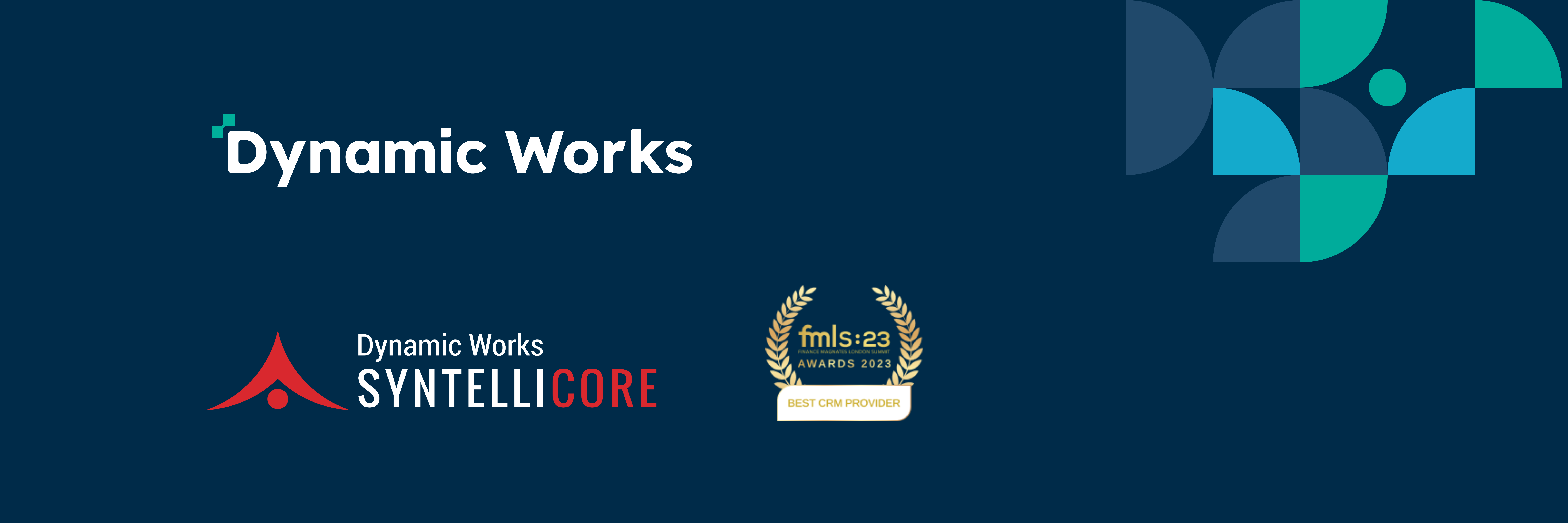More and more people are investigating the benefits of sustainable and ethical finance. Two thirds are looking for more sustainable options for products and services across all aspects of their life, and over half are more likely to buy financial products from providers who demonstrate sustainable values.
But why? Following on from yesterday’s insight, we once again industry experts: what is driving the surge in ethical banking?
EthicsGrade
Charles Radclyffe, founder and CEO of ESG data provider EthicsGrade, says the pandemic has led many to reevaluate aspects of their lives.
He says: “There is no single factor, but the pandemic has certainly given all of us pause to think carefully about what matters most to us, and so whether we are looking for our next job or looking to switch banking provider – the sense of purpose and values alignment is now much higher up the priority list than it was ever before.
“Over the past few years there has been a dramatic surge in ESG-focussed capital (three-times growth in eight years to > $40trillion), and this has had a trickle-down effect in the focus that companies have had.
“We’re also in the age where a tweet from Deborah Meaden in response to the war in Ukraine can cause a company’s corporate strategy to turn on a dime. Big brands are realising that they need to be authentic to their values throughout their operations, and banks are just one sector that is re-orientating around these principles.”
Mambu
Ethical banking is not new; however, we are clearly seeing another wave of demand for it from consumers, says SaaS cloud banking platform Mambu.
“Customers are demanding more from their banks, with an emphasis on access to digital services and a commitment to environment, social and corporate governance (ESG),” comments Anna Krotova, director of sustainability at Mambu.
Research from Mambu shows that almost two thirds (63 per cent) of global consumers say they would like the core financial services they use to be sustainable, and 60 per cent say they would like every financial service they use to be sustainable.
“Consumers are looking for more sustainable services, coupled with greater transparency from banks. Banks and financial institutions need to demonstrate that they can deliver on ethics, efficiency, and innovation, to retain their customers, and expand their market.”
Netguru
The surge of ethical banking is driven by several factors, according to Krzysztof Grzeszczuk, senior innovation consultant at software firm Netguru.
“With increased awareness of climate crises, consumers are more cautious when it comes to choosing their brands and their bank. And while in the past, a tree-planting programme for switching from paper to electronic statements might have been enough, customers are now sensitive to the overall impact of their bank on society and the planet.
“What use is there in a payment card made of recovered plastic if the corporate part of the bank is still financing a coal-based industry.”
Impaakt
t’s not just about demand but necessity, says Bertrand Gacon, CEO and co-founder of Swiss fintech Impaakt, who is committed to accelerating the transition towards an impact-driven economy by harnessing the power of the financial industry.
“Sadly, the surge is driven by the dire environmental and social challenges that we face,” comments Gacon. “Governments, companies and individuals are realising that the world needs to change, and that finance is critical to that change. The whole financial sector – banks, investment managers, pension funds and insurance companies – is under pressure.
“Customers want to understand the impacts of their own savings and investments and the wider activities of the banks and asset managers they use. Do they still fund oil and gas? How well do they check the supply chains of borrowers? Are they actively funding solutions to climate change?
“Shareholders and activist groups are asking similar questions and legal challenges are becoming more widespread. Finally, there is regulatory pressure (e.g. SFDR, EU Taxonomy) as governments look to improve the disclosures around sustainable finance and prevent greenwashing.”
Source: thefintechtimes.com


